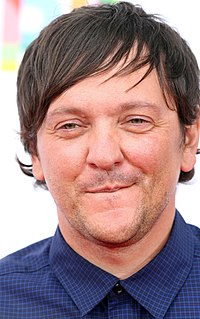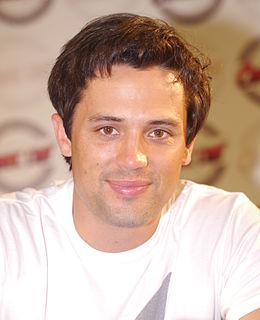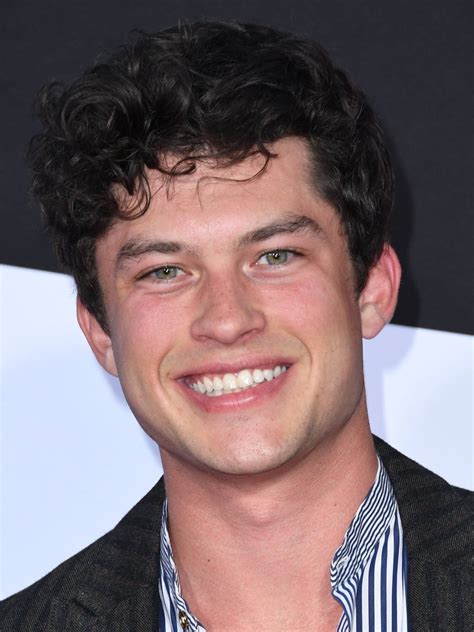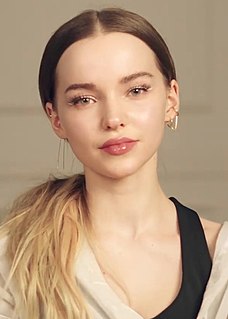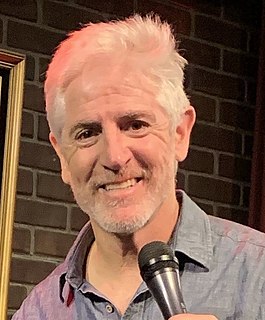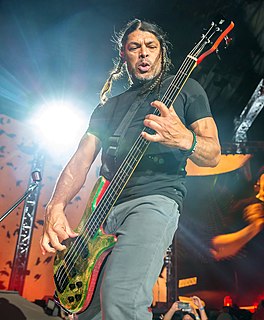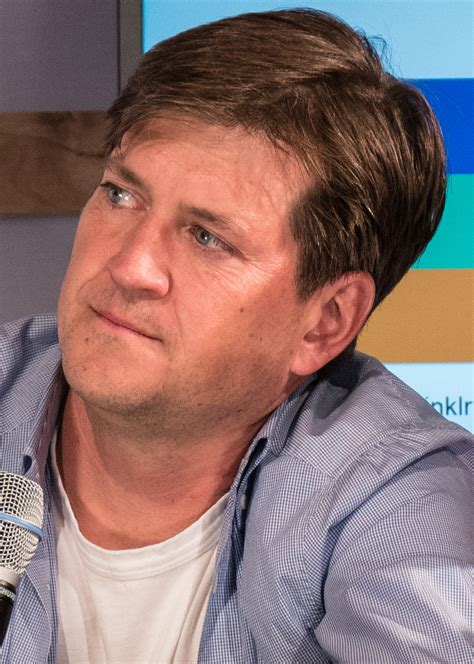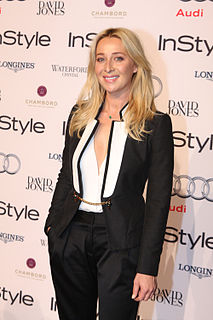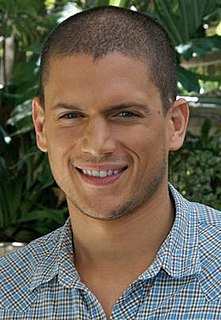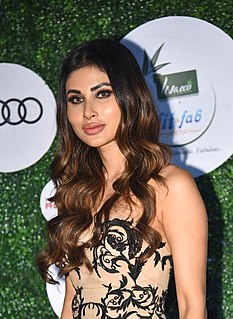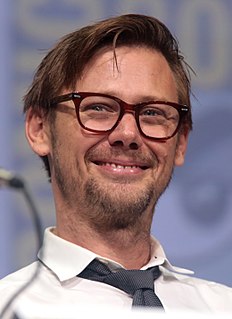A Quote by Jonathan Nolan
Typically with HBO shows, the ninth episode often winds up being a big one and when lots of exciting stuff happens. And then the tenth one is the more placid, character-based one.
Related Quotes
I started doing comedy just as myself, because I thought, "This is what's expected, you're meant to tell stories and do observations." And then I started to realize that I wanted to mix it up a bit, so I started to doing songs, and I had a little keyboard onstage and would bring in little props. Then I thought about the idea of talking about a character and becoming the character onstage. So, it sort of morphed into being stand-up that was more character based, and I found that's the stuff I got the better reaction from and was more exciting for me.
A ghostly side note Soldier boy Miller played a Lucifer-like character in the final two episodes of Joan of Arcadia. Coincidence I do find it strangely poetic, ... that a character who shows up on a show about God to play something kind of satanic winds up in the very last two episodes of that show, and then appears in the show that replaces that show on its exact time and night the following season.
I have a big, long episode [in Full Circle] with Calista [Flockhart], and then my character actually carries out through a lot of it because he was a cop investigating this crime. But it is almost hard to remember, even though it wasn't that long ago. We shot it so fast. We literally shot that whole episode in one day.

